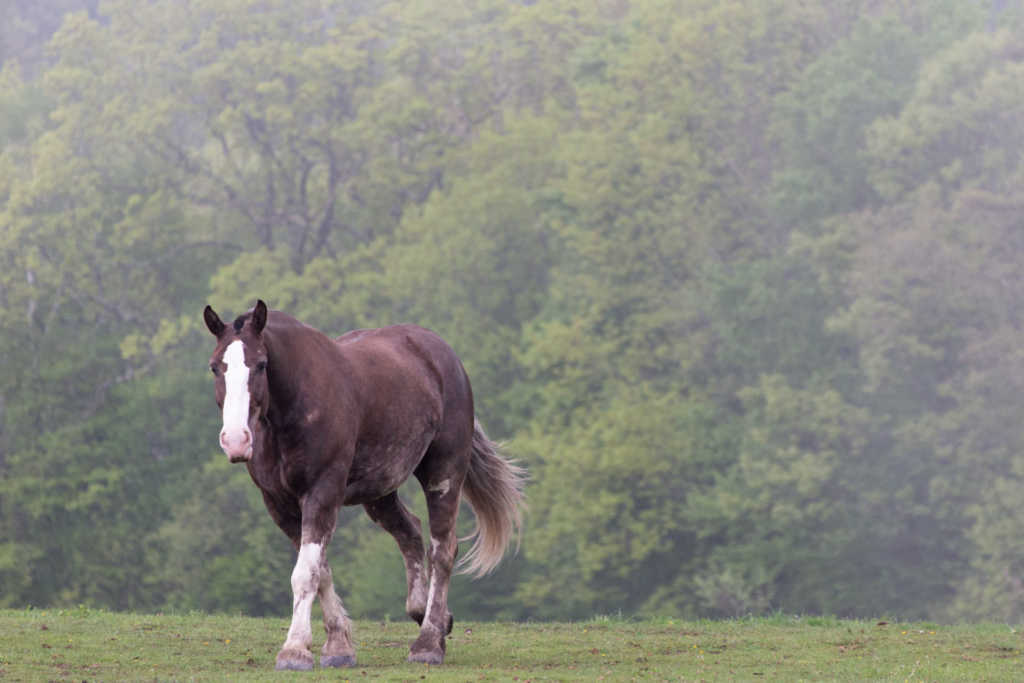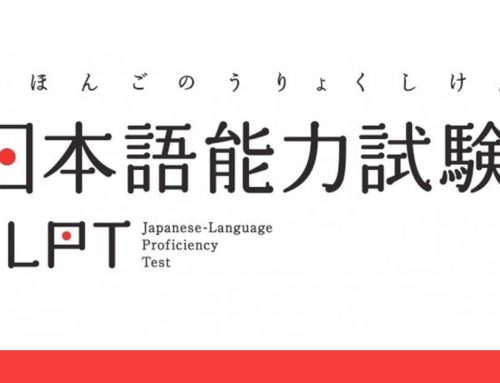Baka is a Japanese word that means “ignorance,” “ignorant person,” “boring thing,” or “boring person.
Baka has a variety of meanings and is a very useful word. It is originally a word to curse someone, but it can also be used in a friendly and affectionate way.
How to use “Baka” in Japanese
Stupid Things
“My husband did something stupid again.”
“You idiot. Stand in the hallway.”
I didn’t expect such an idea from a newcomer. I can’t be a fool anymore.
Useless things.
The screw is getting stupid. It won’t turn at all.
Use scissors like a fool.
Out of common sense
As a fishing fool, I spend a lot of time and money on fishing.
This was a spur-of-the-moment idea, but it was received with an unusual degree of ridiculousness.
I couldn’t believe that the bottle would come off. That’s my sister, she’s a fool.

Origin of Baka
When Baka is written inKanji , it is written as “馬鹿. “馬” means horse, and “鹿” means deer.
The emperor who once unified China, the First Emperor. He is also famous for building the Great Wall of China. There is a theory that the word “Baka” comes from the legend of his successors.
The first emperor’s son, Huai. Huai, the son of the first emperor, did not do much politics on his own, but gave power to his close aide Zhao Gao. There is an anecdote that Zhao Gao originally made the incompetent Huai the emperor in order to gain power for himself.
Horse or Deer?
One day, Zhao Gao told the emperor that he would present him with a horse. The emperor immediately went to see the horse, but was surprised when he saw the real thing. But when he saw the horse, he was surprised because it was not a horse, but a deer.
The emperor and Zhao Gao argued, “This is not a horse, but a deer. The emperor and Zhao Gao argued. Then Zhao Gao suggested, “Let’s ask the other officials if it is a horse or a deer.” The opinions were divided, some said it was a horse and others said it was a deer.
Well, after this incident, the officials who said it was a deer were killed. Yes, this was a test conducted by Zhao Gao to determine who would follow him.
After this, the Qin Dynasty went into decline. As a result, people who twist facts to suit their own convenience are called fools.
馬鹿(Baka) and 阿呆(Aho)
The word “阿呆(Aho)” is also used to describe a fool, just like 馬鹿(Baka). There are two major differences between 馬鹿(Baka) and 阿呆(Aho).
One is the region where it is used. While “BAKA” is used mainly in eastern Japan, “AHO” is used more frequently in western Japan. The other is the difference in meaning. “AHO” does not have the meaning of being out of common sense that “BAKA” has.







Leave A Comment